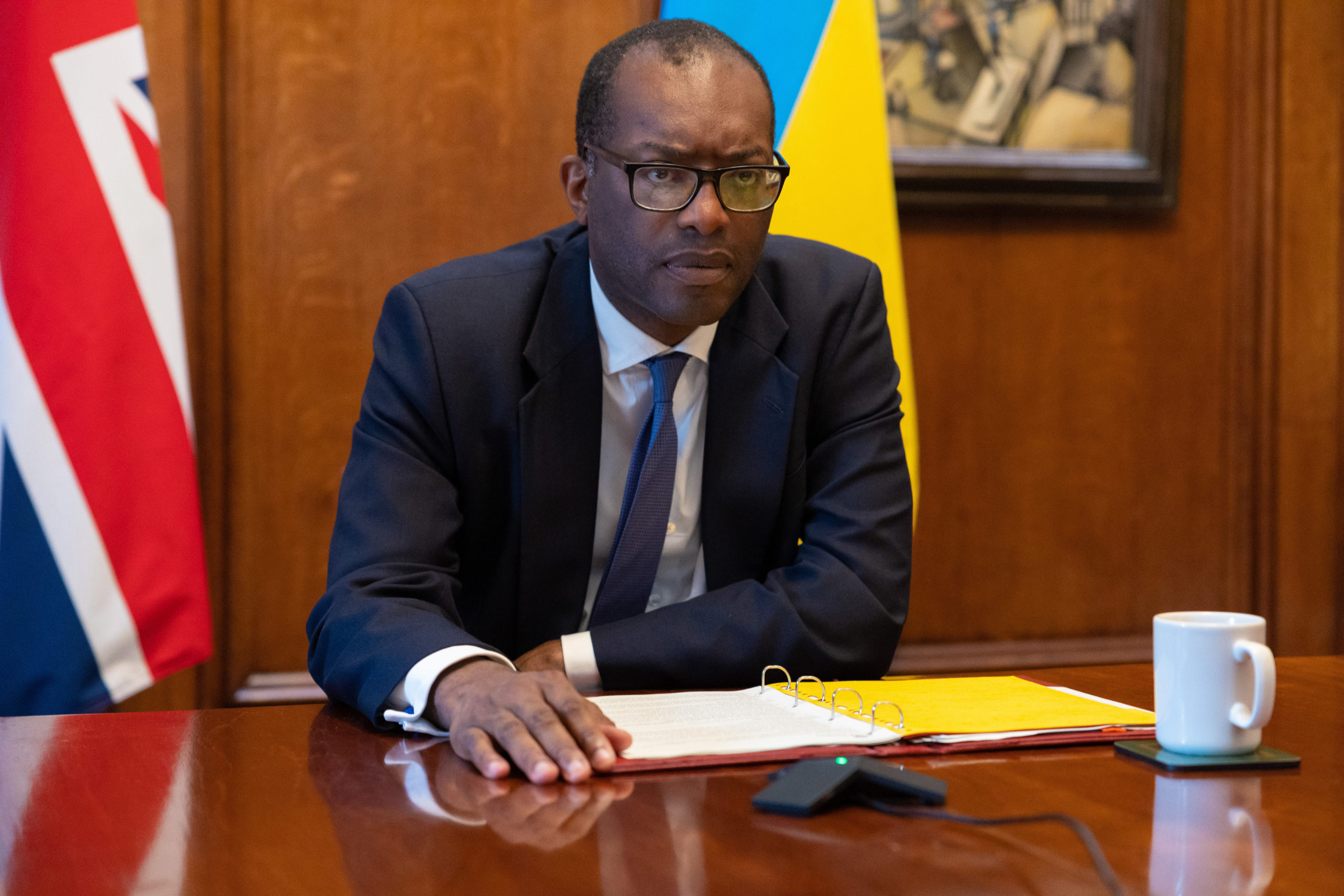Scrapping planned tax increases is welcomed but inaction on VAT is a missed opportunity, say trade groups

TODAY’S ‘mini Budget’ from chancellor Kwasi Kwarteng has been dubbed “a sticking plaster to fix a broken leg” by the Scottish Licensed Trade Association (SLTA), after the measures unveiled failed to include a cut to VAT.
Speaking in the House of Commons today (23rd September), the chancellor announced a package of financial measures that included scrapping planned increases to corporation tax, National Insurance contributions and duty.
But SLTA managing director, Colin Wilkinson, said the announcements were “too little, too late” for the hospitality industry.
“We are now in a recession, have the lowest consumer confidence rates since records began and interest rates continue to rise,” said Wilkinson.
“Coupled with the cost of living crisis and crippling energy prices, there is not much to cheer about despite the cap on wholesale energy prices.”
He added that any changes to corporation tax will only impact businesses making a profit.
“A recent survey by the Night Time Industries Association highlighted that nearly 50% of night-time businesses are barely breaking even and a further 20% stated they’re losing money,” said Wilkinson.
“All help is, of course, welcome but the chancellor has only given SMEs and independent operators yet another sticking plaster to fix a broken leg.
“It’s too little, too late.”
UK Hospitality chief executive, Kate Nicholls, welcomed the National Insurance and corporation tax moves but also took issue with the chancellor’s inaction on VAT.
“Our VAT rate is the highest among modern economies, so if we want a globally competitive market, we need lower VAT and an equitable alternative to business rates,” said Nicholls. “Without such measures – which would help to keep prices down for customers – thousands of businesses and many more jobs will be lost.”
And Marc Crothall, chief executive of the Scottish Tourism Alliance, said a VAT reduction “would have provided an immediate benefit to struggling businesses within the sector and vital supply chain, as we head into what will be our most challenging winter yet”.























